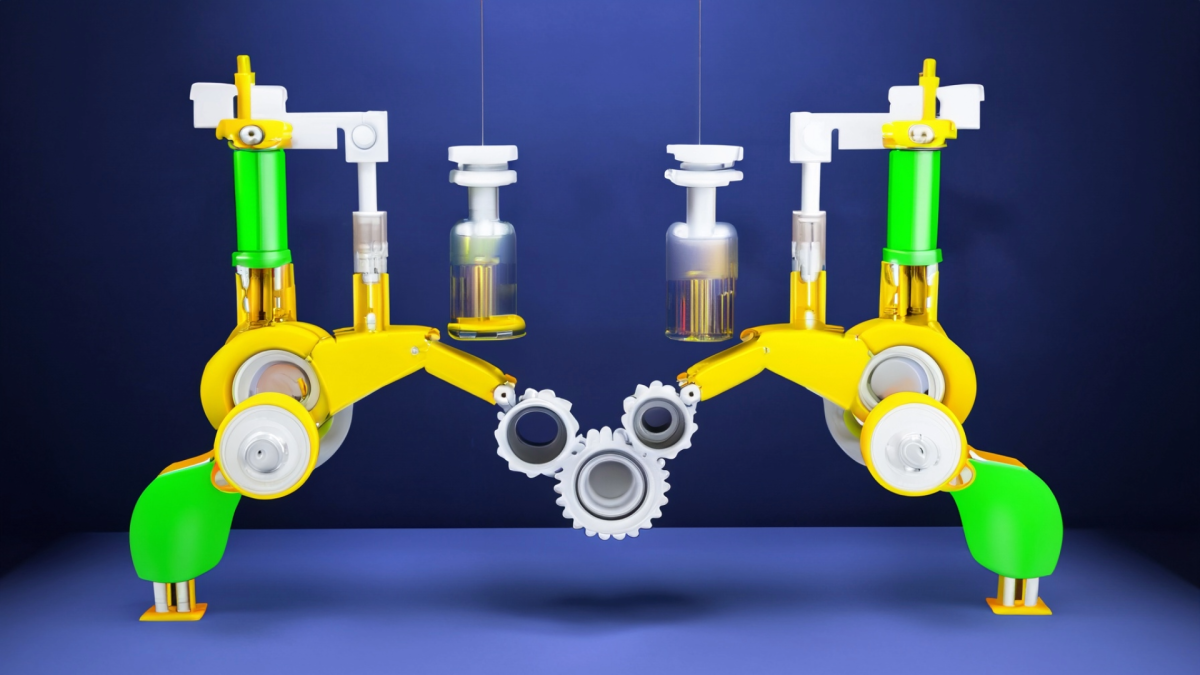Grades:
5th Grade
For this 90 minute lesson students are going to watch an introductory video about how we inherit features and then they will do research on a website. In the project they will fill out a survey
Grades:
8th Grade, 9th Grade
Connect real world situations to the graphs of parabolas through flight. Groups will create PVC stomp rockets, collect data of their rocket's flight path and graph this path on paper to compare to
Grades:
8th Grade
Explore scientific notation by traveling through the universe. Students will try to place objects in the universe in order from smallest to largest by using pictures, names and numbers in scientific
Grades:
7th Grade
This is Task 1 (Lesson 1) of four tasks (lessons) of an overall project of “Escaping 7th Grade Science Room.” Students will be constructing a mini zip-line after reviewing concepts. Students will
Grades:
5th Grade
This lesson has an emphasis on explaining what is force. It also has an emphasis on explaining how you can see and measure force. For this lesson you need several empty plastic bottles, rubber bands
Grades:
7th Grade
This is Task 2 (Lesson 2) of four tasks (lessons) of an overall project of “Escaping 7th Grade Science Room.” Students will be constructing Pangea with their group after reviewing the concepts.
Grades:
5th Grade
Students will be learning about honey bees, what they need to survive, and how amazing they are! They will learn about the structure of the honeycomb and then they will engineer their own!
Grades:
7th Grade
Students will design balloon rockets in order to solidify an understanding of Newton's Third Law of Motion . Students will develop an investigation question and then perform their investigation. For
Grades:
6th Grade
A mixture of 5E lessons on Nearpod and an accompanying hands-on activity to help students see that gravity works at a distance and is affected by mass. Students will be writing a conclusion based on
Grades:
3rd Grade, 4th Grade
This lesson is 3 of 4 of a unit about habitats and animal adaptations. In this project, students will build a model of a habitat and an animal they created in lesson 2. The animal will need to have
Grades:
3rd Grade, 4th Grade
This is lesson 4 out of a unit of 4 lessons about habitats. In the proceeding lessons, students researched habitats and animal adaptations. This lesson is a presentation of information using a variety
Grades:
5th Grade
In this lesson there is an emphasis on explaining how magnets have a force that can move other objects at a distance. Students will first watch a video in which they will be amazed by some magnetic
Grades:
5th Grade
Students will use multiple modes of learning to learn about how force is affected by mass changes. The book Newton and Me will be read aloud and used for a discussion. Finally students will construct
Grades:
7th Grade
This is Task 3 (Lesson 3) of four tasks (lessons) of an overall project entitled “Escaping 7th Grade Science Room”. Students will construct a 3D model of both an animal cell and human cell. They will
Grades:
2nd Grade
In this lesson, students will learn about and create a wick hydroponics system. There is a teacher prep section along with a variety of other resources included. This lesson can be adapted to fit
Featured
Flying High: Airplane Design
Grades:
5th Grade
In this engaging lesson, students explore the forces of flight and use the Engineering Design Process to improve the flight times and distance traveled with a paper airplane. Resources are included
Grades:
3rd Grade, 4th Grade, 5th Grade, 6th Grade
Students discover kite-making in this hands-on lesson! They create a kite with a variety of materials and test out the final product. This lesson can be adapted to fit different grade levels.
Grades:
9th Grade, 10th Grade, 11th Grade, 12th Grade
This lesson is an introduction to a unit on the light and transverse waves. It can be utilized during a unit or at the beginning as an exploration. Students m easure the speed of light in a medium
Grades:
2nd Grade
In this engaging lesson, students research ramp usage as a class, identify the problem of Dash Dot vs stairs, design a ramp for a Dash Dot, and test the ramp while making connections to literature and
Grades:
2nd Grade
In this engaging lesson, students discover what a volcano is and what causes it to erupt. There is a literacy integration, video resources, and other helpful information included.
Grades:
Kindergarten
In this engaging lesson, students will participate in an engineering challenge or STEM activity that connects to a read aloud. Students will communicate solutions that will reduce the impact of humans
Featured
Not a Stick!
Grades:
Kindergarten
Students will participate in an engineering challenge or STEM activity that connects to a read aloud. They will be able to ask questions, make observations, and gather information about a situation
Grades:
7th Grade
This is Task 4 (Lesson 4) of four tasks (lessons) of an overall project of “Escaping 7th Grade Science Room." Students will construct a marshmallow device to propel marshmallows at force and collect
Grades:
9th Grade, 10th Grade, 11th Grade
In this lesson, students will be introduced to the concept of homeostasis with online research and then investigate how feedback mechanisms are used to maintain homeostasis during exercise during an
Featured Lesson Plans
Check out these notable lesson plans.

Featured
Design a Course with Friction
Grades:
6th Grade, 7th Grade
In the second part of this lesson, students will now test how friction can change the speed of a RC car. Students will first test the RC car on three different surfaces of their choice and time them

Grades:
6th Grade, 7th Grade, 8th Grade
Calling all engineers, artists, scientists, and crafters! Our MAKER FAIRE is a venue for our “makers” to show off your talents, innovations, and creative solutions! Join the Maker Movement! Students

Featured
Rocket Science
Grades:
3rd Grade, 4th Grade, 5th Grade
This engaging lesson is a great introduction for space exploration units. This plan goes over the history of rockets, how they work, and how modern rockets help us explore the solar system. There are
